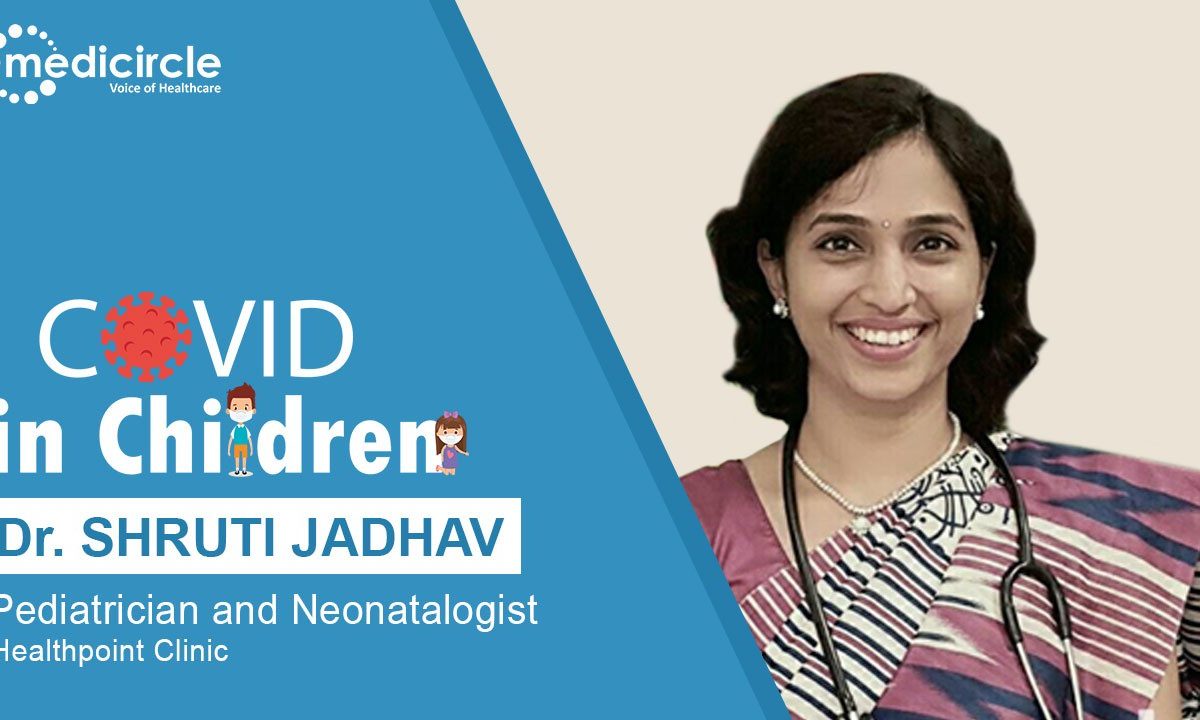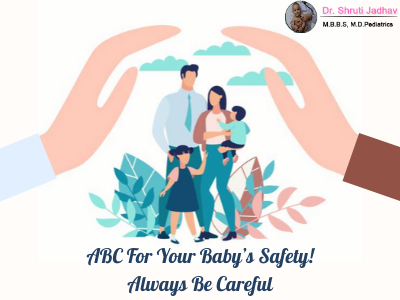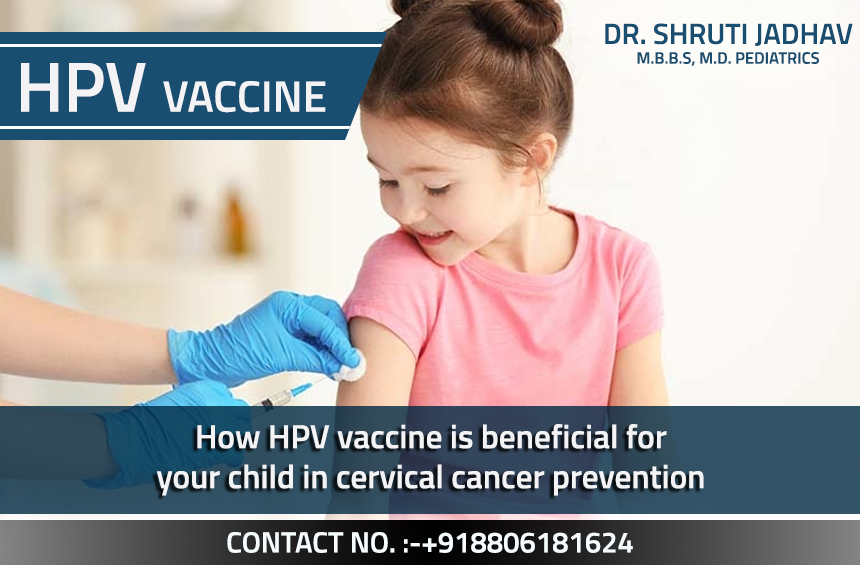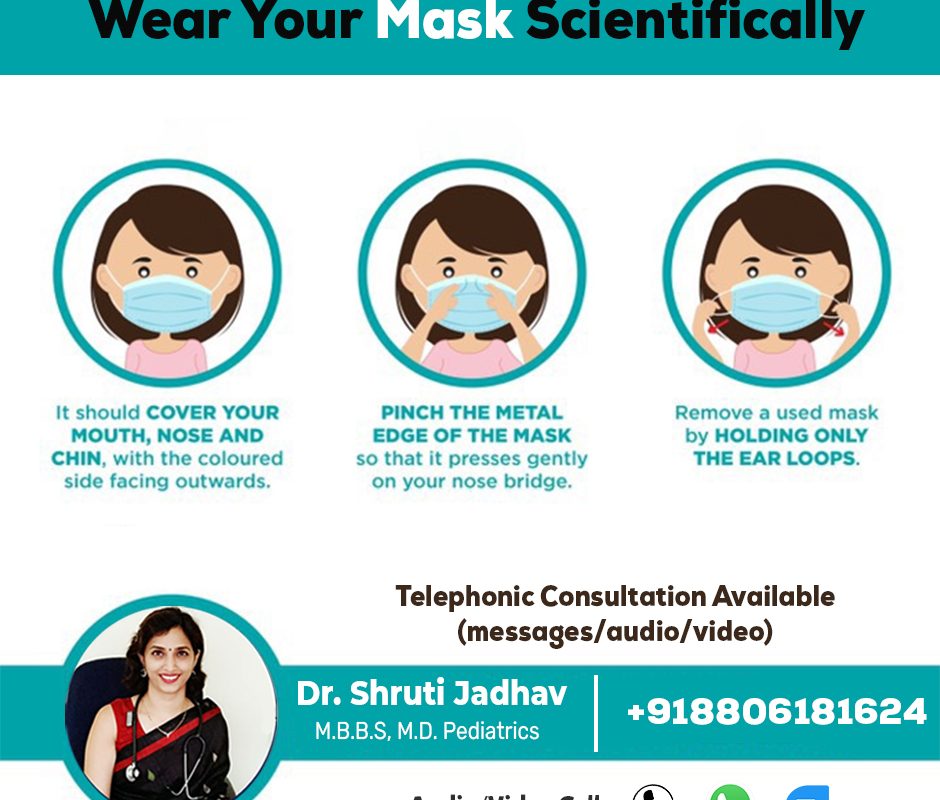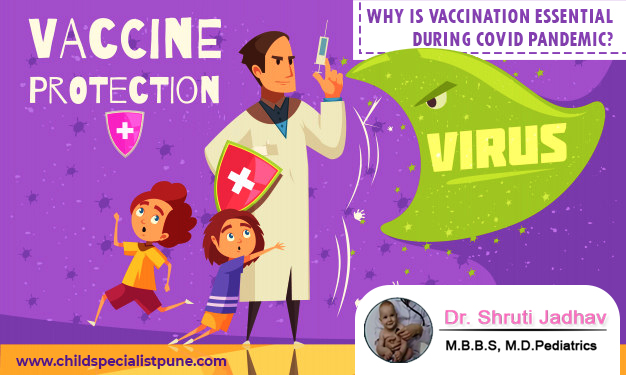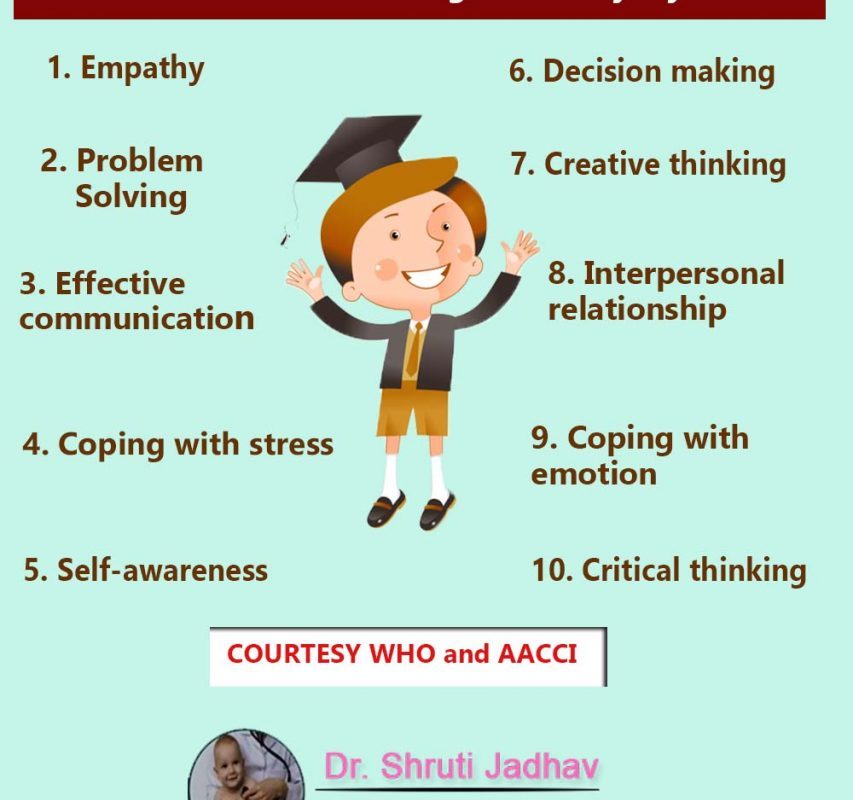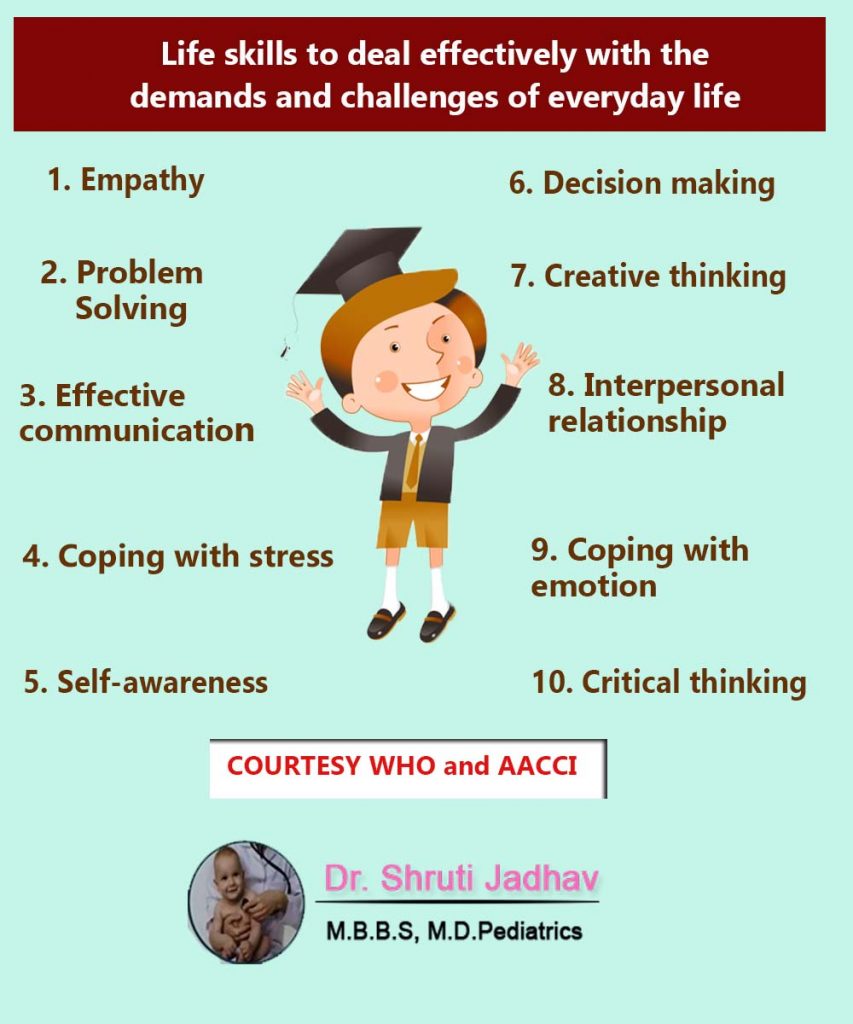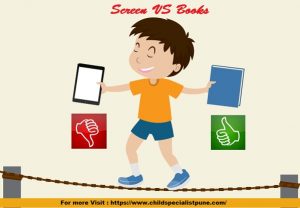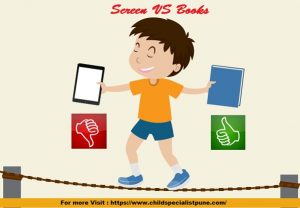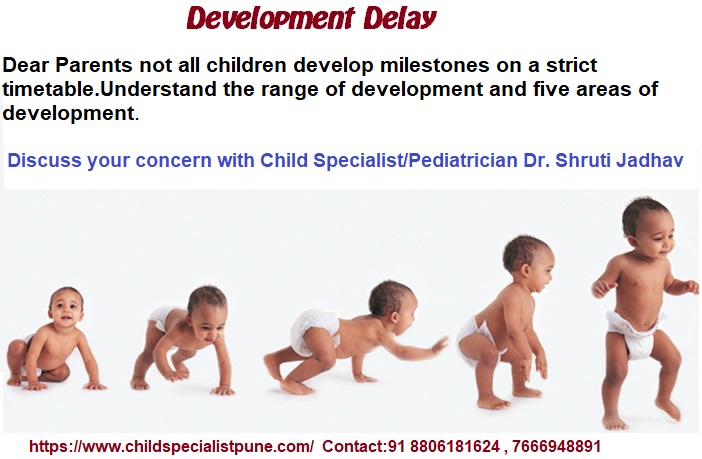Lesser cases of COVID were detected in the children last year. However, this is not the case same as today. In the second wave of COVID-19, many children have tested positive for the infection. And these innocent minds are unaware of the seriousness of the situation. The guardians must be more conscious and aware of the details regarding COVID in children. We at Medicircle, are conducting a series of COVID in children through which we aim to raise awareness about the impact of COVID-19 on our little ones.
Dr. Shruti Jadhav is a Consultant Pediatrician in Pune. She has over 13 years of experience in children’s childcare and currently practices at Healthpoint Clinic in Pune.
She’s also a Panel consultant at Columbia Asia Hospital and Motherhood Hospital. She has been an Assistant Professor at Nair Hospital in Mumbai.
Reasons why children are getting infected more in this wave
Dr. Shruti mentions, “Last year the number of people affected by COVID was less but this year it’s definitely more. And the reason is this mutant virus which is highly infectious. It has the potential to spread to a large number of people. So that is the reason why adults and the Pediatric age group are getting more affected.
Secondly, parents are not taking that many precautions for the children and not showing them exactly how to wear marks. It is really difficult to teach them. As per WHO guidelines, there is no need for a mask for 2 years and below. 2 years and above children can use a mask, but they don’t know how to use it appropriately. While playing outdoor, it is difficult to breathe with a mask but is not impossible. Children follow their parents. They observe what parents do. If parents follow these safety precautions, then this is going to mimic in them also. Ask them not to touch their mask once you put it on. Hand hygiene, use of sanitizer is very important. Ask them to wash their hands, the moment they come from outside. Incorporate this into their daily routine.
Thirdly, vaccination is not available for children at present. But research is going on, sooner it will be available.
Fourth is, we are actually giving lots of stress to children I feel so. They are not able to play with their friends and this online school is causing too much stress on them as well. So, if we keep things positive at home, the infectivity rate itself will go down. Keeping something non-COVID every day will definitely help,” says Dr. Shruti.
Dr. Shruti adds, “So mutant strain, nonavailability of the vaccine, not able to use the mask properly and laxity on the parent’s side, these are the four points which are actually causing more and more impact on the children.”
Don’t bombard your child with lots of information
Dr. Shruti speaks, “Adults do have some experience, how to face tough times, but in kids, to make them understand it’s very difficult. Adolescents can understand but not younger kids. So just make them understand what is needed. Don’t bombard them with lots of information. Every time don’t keep on discussing COVID at home. Basically, make them understand in few words as their attention span is very less. Pass only required information, explain about this situation in simple language. Online fun is possible but only for a restricted time. They can talk to their grandparents, friends through video calls. Children above 5 years, can help you in household work, you can do many things together that will be enjoyable. Don’t allow too much screen time. Make them understand the solution to the problem. Mothers have to be a little smarter. They have to complete household work, they have to do their office work. It will be better if they will do turn by turn. We are learning so many things, at the same time we are becoming smarter. Managing all this is difficult but not impossible. Even children are adjusting to their maximum. Getting panic is not going to help,” expresses Dr. Shruti.
Only 1 – 2 % of children are requiring hospital admission
Dr. Shruti emphasizes, “Most of the children are asymptomatic or mildly symptomatic. If anyone in the family has tested positive, so they have also come positive upon screening. And if they are tested for mild symptoms of cough and cold, so due to pandemic, they have come positive. So, most of them are asymptomatic or mildly symptomatic. And it’s a good news because only 1 or 2% of children are requiring hospital admission and hospital care, remaining almost 97 to 98% of children are recovering on their own without much of the medicines. We should focus on this positive news. If at all, your child has been detected COVID positive, don’t panic. I feel as a doctor we are not seeing difficulty in managing symptoms because medicines are easily available rather managing emotions of their parents. We need to motivate them. It’s easy to tackle children at home. Only homecare, a good diet, a little bit of exercise, and diversion from the COVID thing are going to help. Only these things are needed to make recovery faster.”
Parents should know, warning symptoms and manageable symptoms of COVID in children
Dr. Shruti talks, “For parents I would like to advise them, focus on the positive things. Your child will require very few medicines but don’t treat them at home on your knowledge-based. Take the help of a Pediatrician because at least 1 or 2% of children might need help. You should know the symptoms of COVID which are manageable and warning symptoms where you need to visit the hospital. That is what you are supposed to know. So, I feel if we all understand the symptoms and warning symptoms, it will be easy to take care of them at home itself. They will not need any hospitalization or any Remdesivir and all those high-end medicines.”

